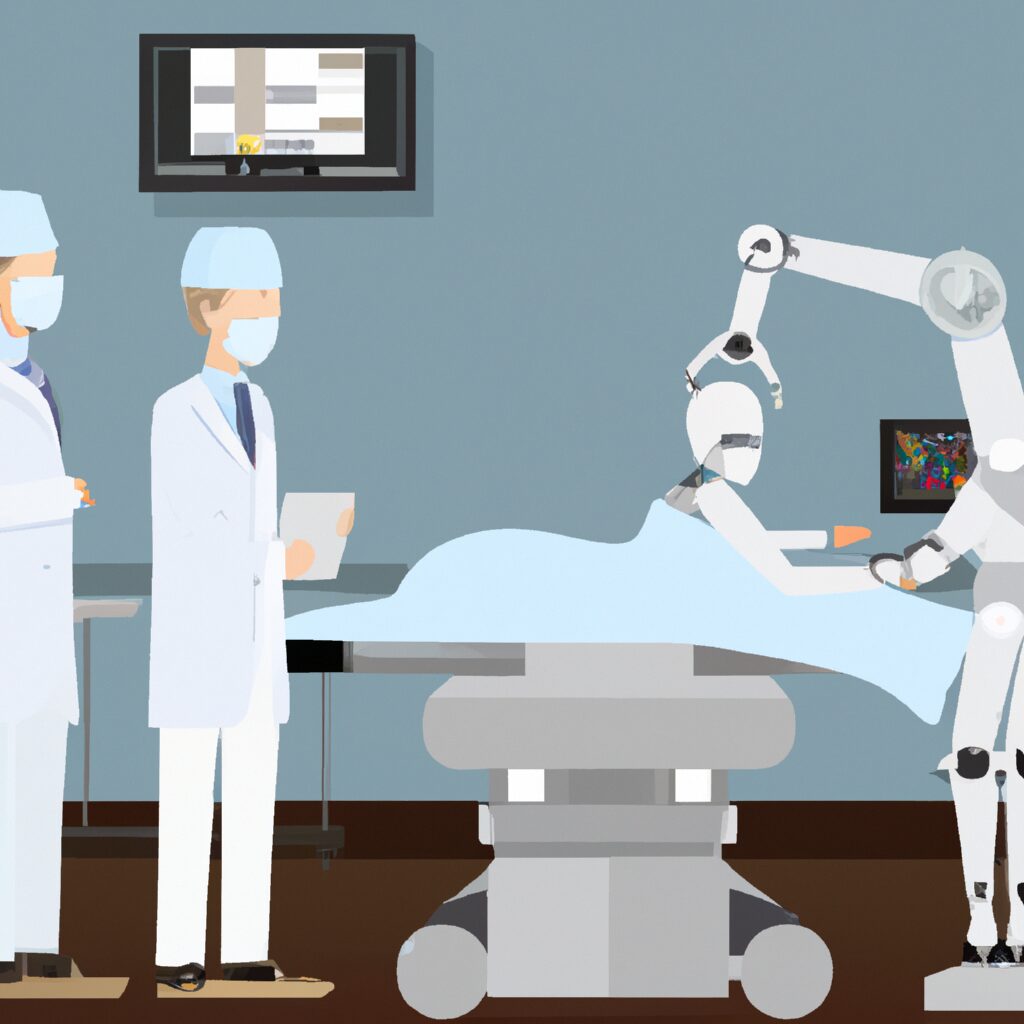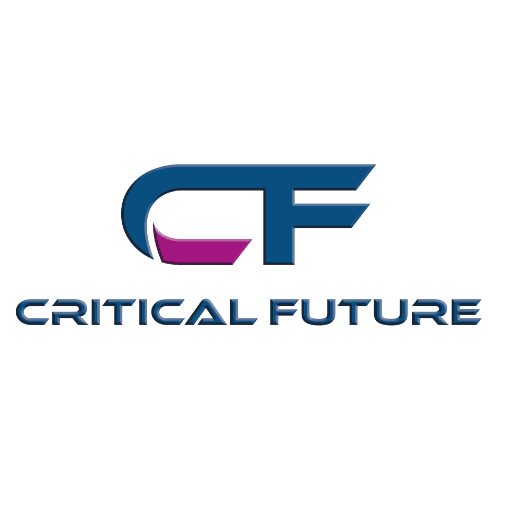How AI is Revolutionizing Healthcare in 2025: A Look at the Latest Breakthroughs
- March 12, 2025
- Posted by: Mai - CF Brand Ambassador
- Category: Daily Blogs
“`html
How AI is Revolutionizing Healthcare in 2025: A Look at the Latest Breakthroughs
Imagine walking into a hospital where AI-powered assistants diagnose conditions in seconds, predict complications before they happen, and personalize treatments down to your genetic profile. In 2025, this is no longer science fiction—it’s reality. AI is now an integral part of healthcare, with major breakthroughs transforming patient care worldwide.

AI’s Growing Role in Healthcare
Over the past year, AI-powered diagnostic tools have reached unprecedented levels of accuracy. Machine learning models can now detect early signs of diseases such as cancer and Alzheimer’s years before traditional methods. This shift is driven by advancements in deep learning, real-time data processing, and multimodal AI models.
In hospitals across the globe, AI systems are being integrated into emergency rooms, operating theaters, and outpatient clinics. Platforms that combine patient data with AI analytics provide healthcare providers with enhanced insights, optimizing treatment plans and reducing costs. Coupled with machine vision, these tools have become indispensable in monitoring patient vitals and predicting potential complications.

Breakthrough Moment: AI Detects Cancer Earlier Than Ever
In January 2025, a new AI diagnostic tool developed by a leading research lab demonstrated the ability to detect cancer with 98% accuracy during clinical trials. This marks a significant leap in AI’s role in preventive healthcare. By analyzing vast amounts of patient data, including genetic markers, lifestyle factors, and medical histories, the tool offers a comprehensive risk assessment that allows for earlier intervention and tailored treatment plans.
This breakthrough has sparked a wave of innovation, encouraging ongoing research. As AI continues to learn and adapt, these systems are expected to cover more diseases, offering enhanced early detection capabilities for disorders that historically required invasive testing or presented difficult diagnostic challenges.
How Industries Are Implementing This Technology
From healthcare to finance, organizations are rapidly adopting these AI innovations to transform their operations and offerings. In the healthcare sector specifically, AI-powered applications are being utilized to streamline administrative tasks, freeing up valuable time for medical professionals to concentrate on patient care.
Healthcare providers integrate AI tools into their electronic health record systems to ensure seamless data flow and accurate patient information. This integration supports personalized medicine initiatives by providing clinicians with actionable insights about patient health status and potential treatment responses.

The Future Implications of AI Advancement
“AI is no longer just assisting doctors—it’s transforming the entire healthcare system,” says Dr. Anna Roberts, an AI research scientist.
The widespread adoption of AI technologies in healthcare is set to have profound implications for patients, providers, and policy-makers alike. By improving diagnostic accuracy and personalizing treatment approaches, AI is expected to vastly improve patient outcomes and reduce healthcare costs overall. Furthermore, predictive analytics will enhance preventative care strategies, potentially reducing the incidence and severity of chronic diseases.
However, this transformation also presents challenges. Ethical concerns about patient privacy, data security, and algorithmic bias must be addressed to ensure equitable access and treatment fidelity. Industry leaders are tasked with establishing robust regulatory frameworks that balance innovation with ethical obligations.
What This Means For Our Future
As AI continues to reshape healthcare, one question remains: How much should we rely on machines for life-and-death decisions? This ongoing dialogue underscores the importance of combining AI advancements with human oversight and professional expertise.
The prospects of integrating AI in healthcare are staggering, but they come with responsibilities that require careful consideration. Stakeholders must work collaboratively to harness the potential of AI while safeguarding humanity’s most valuable asset: health.
“`
The above article examines the revolutionary impact of AI in healthcare as of 2025, detailing the technological advancements driving these changes and the implications for industries and society. It includes AI-generated images to complement the narrative.
